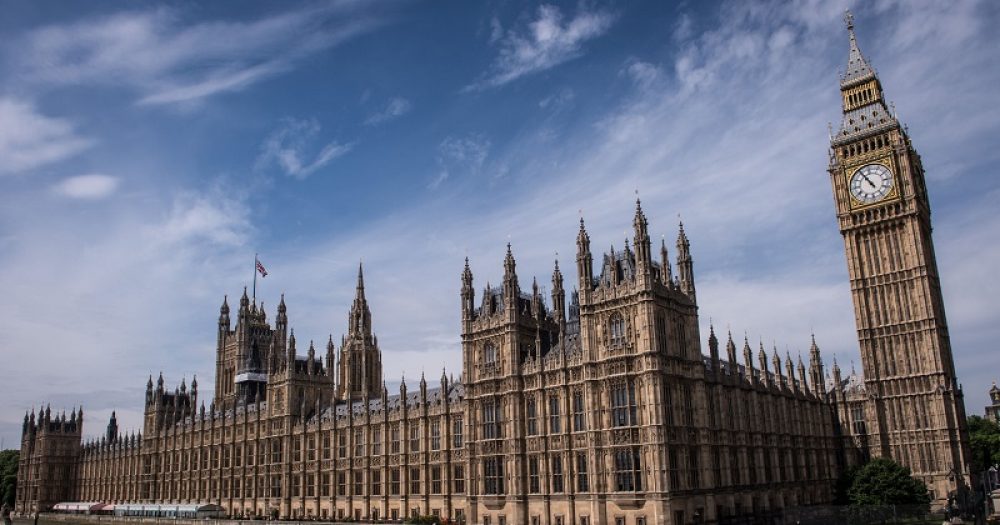Ministers should create a fully-academised school system with a “single arms-length regulator” for academy chains and a process for individual schools to vote to leave their trusts, a former government adviser has said.
Sam Freedman, a senior fellow at the Institute for Government and ex-Department for Education adviser, also called for a “range of new powers” for local authorities, including over admissions.
The government is currently considering how it will achieve its ambition of having all schools in multi-academy trusts, with plans expected to be outlined in a forthcoming white paper.
In an IfG report published today, Freedman warned the academy sector has too much complexity, too many poor multi-academy trusts and too little capacity building.
He called for reforms to tackle “big gaps and misalignments” caused by the unplanned and then “deprioritised” evolution of academies under successive prime ministers.
As of November, 79.5 per cent of secondary schools and 38.3 per cent of primary schools are academies.
Move to fully academised system
Freedman said the DfE should “move to a high-capacity all multi-academy trust system”, by setting a “strong expectation that all schools will join a MAT”, by incentivising councils and by increasing capacity funding.
The report argued that generating new momentum behind a “single, coherent system” would be more effective than forcing conversions to reach an all-academy system.
Education secretary Nadhim Zahawi said last year he would not set an “arbitrary deadline” for full academisation.
But Freedman said a consensual approach should be followed by “a more formal process” if needed.
Let schools ‘vote’ to leave trusts
Organisations such as the National Education Union has previously argued that academies should be allowed to choose to leave their trusts. In 2018, Labour outlined plans to allow councils to take back oversight of schools from failing trusts.
Although Freedman defended the current lack of independent legal status for individual schools, he said MATs should be made to give each school a local governing body, made up of its headteacher, a staff member, at least one parent and a member of the community.
These bodies could then get “special voting rights” to leave MATs, creating a “potentially more responsive system”.
However, such votes should be subject to regulator sign-off to prevent “vexatious or frivolous” attempts, or those based on disliking “difficult personnel or financial decisions taken by the MAT”.
Merge regulators and hand new powers

The report argues there is currently “no single person or office able to properly hold MATs accountable for poor educational performance”. Freedman said the current separation of educational and financial regulation “makes no sense”.
He said a single, arm’s-length regulator of trusts should be launched, merging the functions of regional schools commissioners and the Education and Skills Funding Agency.
This would “reduce duplication and provide clarity”, and create independence, Freedman argued.
Such a regulator would need legislation to give it greater intervention powers than Ofsted, RSCs and the ESFA currently have, even if it may be seen as a “power grab”.
The government should draw up criteria for intervention with sector bodies, which would also increase formal expectations on MATs – with a new presumption of responsibility for school improvement and support for the wider system.
Incentivise full academisation with new council powers
Freedman warned councils are currently “stuck in a no man’s land”, lacking school improvement capacity and unable to take on an alternative role.
They should control admissions, he said, and have the right to set the published admissions number for all academies. They also need a review to ensure their powers to support vulnerable children are adequate.
While there is “no urgency” in rushing academisation and a consensual approach is worth trying, local authorities could be “incentivised” to convert all schools, Freedman added.
This could include handing them new powers to hold trusts accountable once all schools have academised, which would also help avoid conflicts of interest.
Powers could include the right to call trusts to “public hearings”.
More cash needed for trust growth
The report warned there was “no real short-cut” to building trust capacity, bar more funding.
The existing pot of £20 million a year is “just not enough given this is now the main mechanism for school improvement in the English system”.
Extra cash should fund new as well as existing trusts, including helping council-backed and other support organisations to run schools themselves.
“Funding the development of organisations like these would also encourage local authorities and maintained schools to make the jump to academy status,” Freedman said.
Meanwhile, paying off debts could help some schools no one wants – dubbed ‘SNOWs’ by some – find trusts. A government-launched “backstop trust” would similarly ensure schools facing structural issues, like small rural primaries, had MATs to join.
















Your thoughts